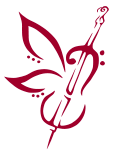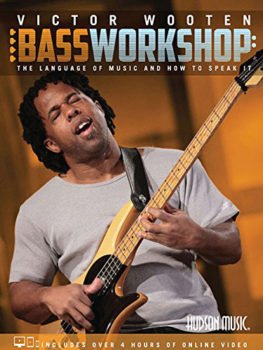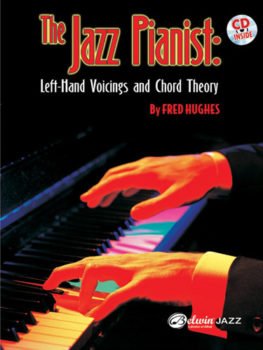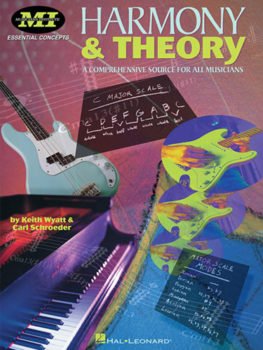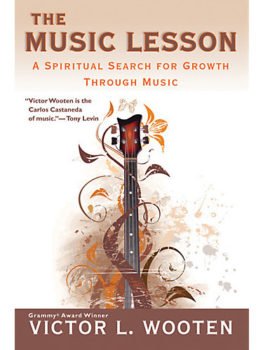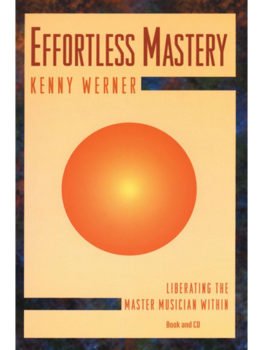Music Education
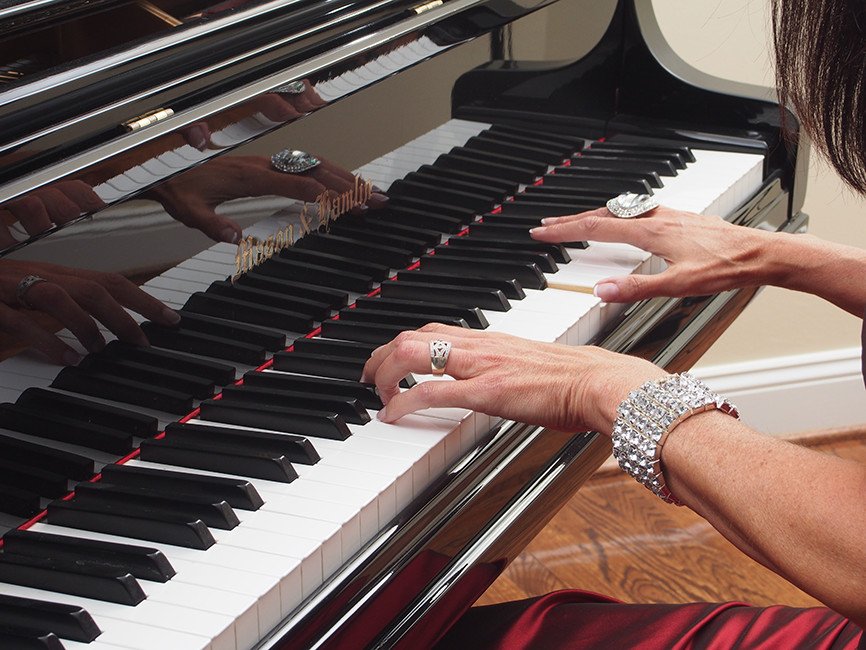
 In order to learn any instrument well, you need an understanding of music concepts and construction. When I was growing up, I didn’t have the benefit of teachers or schools that had this philosophy. The few years of lessons that I had on the piano consisted of reading through the traditional method books, perhaps memorizing some of the songs, playing them to perfection and moving on. Though I might have been able to play with technical proficiency at the time, I wasn’t much more than a trained monkey, and had no idea what it was that I was playing. What were the chords I was playing? How could I create my own music? When friends asked me to sit in with them and jam with their bands, I cringed. I had no idea what to do.
In order to learn any instrument well, you need an understanding of music concepts and construction. When I was growing up, I didn’t have the benefit of teachers or schools that had this philosophy. The few years of lessons that I had on the piano consisted of reading through the traditional method books, perhaps memorizing some of the songs, playing them to perfection and moving on. Though I might have been able to play with technical proficiency at the time, I wasn’t much more than a trained monkey, and had no idea what it was that I was playing. What were the chords I was playing? How could I create my own music? When friends asked me to sit in with them and jam with their bands, I cringed. I had no idea what to do.
It wasn’t until I was an adult that I fought to learn improvisation, and with the guidance of some of the best teachers I know today, finally music began to make logical sense to me. The approach that I take to teaching, beginners of all ages, is to teach all aspects of learning “music”. I emphasize theory concepts, with chord construction, modes, improvisation skills, dexterity and understanding of rhythmic movement, along with reading skills. A good musical education needs to be well rounded, complete whether you are playing music for fun in your own living room for yourself and your friends, or if your intention is to be a professional performer. Either way, learning any instrument should be an enjoyable experience, when it’s approached in a way that breaks things down to concepts that are mathematical, logical and simple to comprehend.
I am a continual student of music myself, so the bass, the piano and now the drums are a continuing adventure for me. My love of music and passion for teaching also is what drives me to continue to learn and practice to be a better student, teacher and musician. There are no shortcuts to improving other than practicing, but, lessons and practicing are the most enjoyable part of my day!
